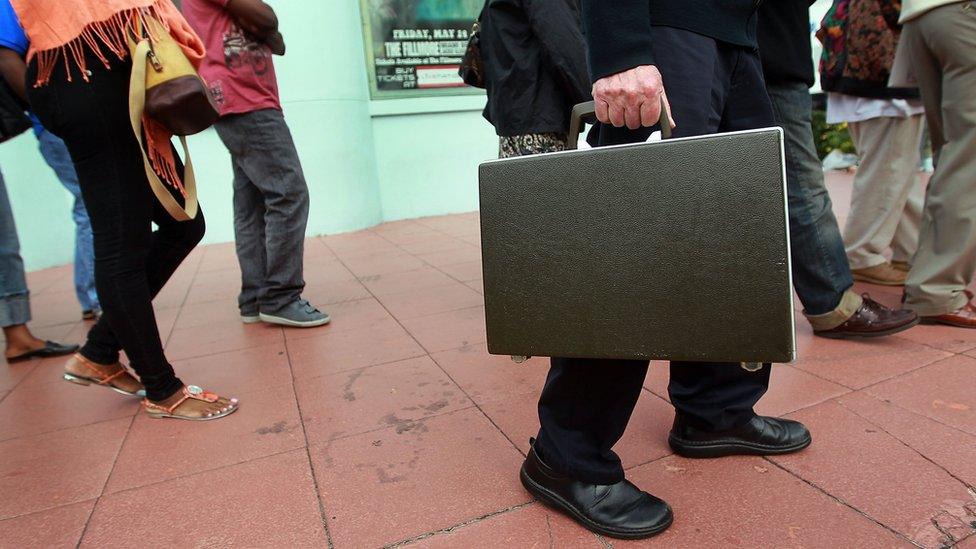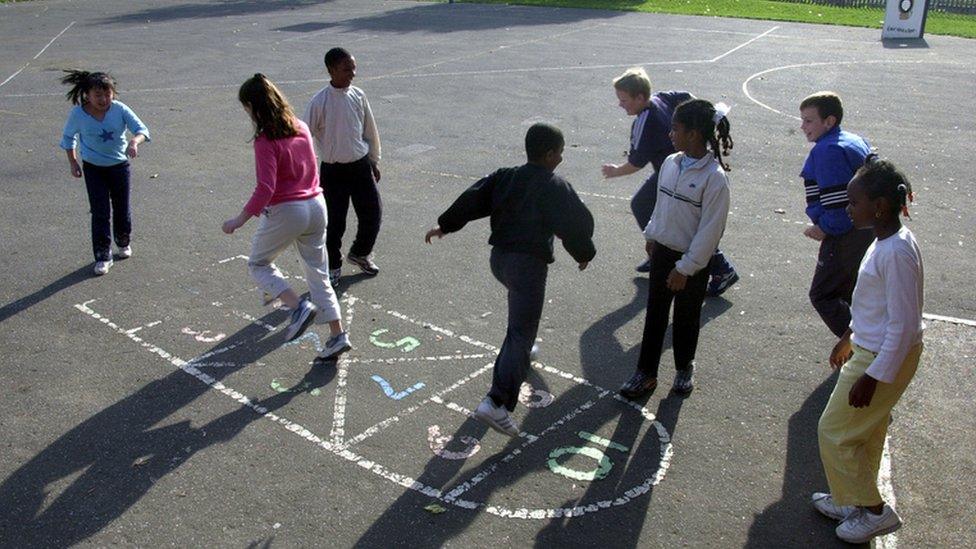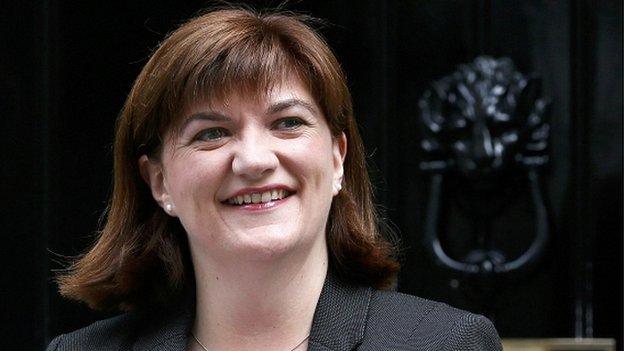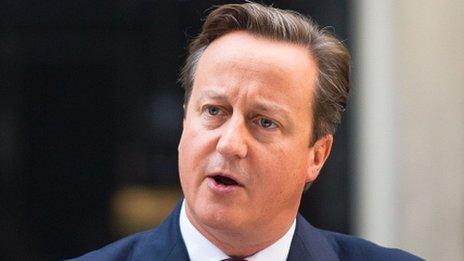Parent groups want bigger voice in schools
- Published

Under the plan, a certain number of complaints from parents would trigger official intervention
Fewer than a fifth (18%) of parents in England think the government listens to them about their children's education, suggests research.
And only a third (33%) of 1,000 parents polled for the parent teacher umbrella group, PTA UK, said they understood government changes to education.
PTA UK wants the remit of the new regional schools commissioners, external to include consultation with parents.
The government said it "regularly" engaged with parents
But PTA UK executive director, Emma Williams called the findings "a concern".
The survey forms part of PTA UK's written evidence to an MPs' inquiry , externalinto regional schools commissioners by the education select committee which will include public evidence sessions later in the autumn.
'Commissioners?'
Eight regional schools commissioners for England were appointed in 2014 to approve new academies and intervene when academies and free schools underperform.
They act on behalf of the secretary of state for education, performing some of the functions carried out by local authorities within their network of schools.
The government wants to expand the role of the commissioners, to include decisions on whether underperforming and "coasting" schools should become sponsored academies.
But PTA UK, which represents parent teacher associations in more than half of schools in England, says too few parents understand the role of the commissioners in their children's education.

Parents and schools are primary influences on children's education says PTA UK
The association argues that as regional schools commissioners will have a role in raising standards in under-performing schools, effective dialogue with parents is crucial.
Parent voice
Parent teacher associations are often associated with running fund-raising events in schools but PTA UK wants a wider role in which they could represent the views of parents.
"The two primary influences on children's education is that of the school and their parents, However, the parent voice has, up until this point, been largely absent from the national education debate," said Ms Williams.
"This imbalance is something PTA UK are striving to rectify, by working to represent the parent view and bring their needs, as well as that of their children, into the fore.
"It is crucial that parents, schools and parliamentary bodies work in unison in order to provide the best possible education experience for children across the country.
"PTA UK believes that as primary stakeholders in their child's education, parents should be consulted and that schools should be accountable to parents."
A separate online survey of more than 1,300 active PTA members revealed almost all (97%) felt they should be consulted about big changes to their child's school with 96% saying being consulted made them feel included in their child's education.
Even among this more active group of parents, only 15% said they understood the role of the commissioners.
A Department for Education spokeswoman said the government welcomed parents' views.
"We regularly engage with parents, through social media, surveys, newsletters or meetings with our regional schools commissioners (RSCs) who will also seek the views of their communities through their head teacher boards, which are made up of outstanding local school leaders."
The government is currently running three public consultations on education policies including changes to GCSE and A-level content, the spokeswoman added.
"Where parents are unhappy with a procedure, schools should have a process in place for tackling complaints. The department also has a robust system to handle school complaints and we take all parents' concerns seriously, routinely passing them on to the relevant bodies."
- Published27 May 2015

- Published16 September 2015

- Published13 October 2014
